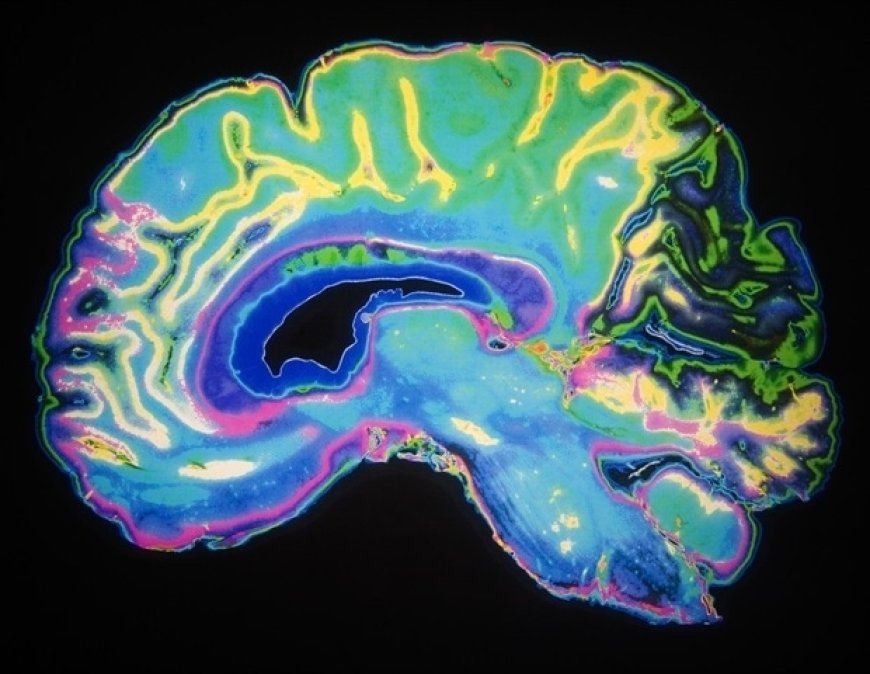Study Links Brain Injury to Criminal Behavior
A recent study by researchers from the University of Colorado Anschutz Medical Campus, Brigham and Women's Hospital, and Harvard Medical School reveals that damage to a specific brain region can lead to criminal or violent behavior. The study, titled 'White matter disconnection in acquired criminality,' published in Molecular Psychiatry, analyzed brain scans of individuals who exhibited criminal behavior after suffering brain injuries. The findings highlight the role of the right uncinate fasciculus in regulating emotions and decision-making, shedding light on the connection between brain damage and criminal actions.

A recent study conducted by researchers at the University of Colorado Anschutz Medical Campus, Brigham and Women's Hospital, and Harvard Medical School has revealed that damage to a specific area of the brain may be linked to criminal or violent behavior.
The study, titled 'White matter disconnection in acquired criminality,' was recently published in Molecular Psychiatry. Researchers examined brain scans of individuals who started engaging in criminal activities after suffering brain injuries from strokes, tumors, or traumatic brain injury. They compared these cases with brain scans of 706 individuals experiencing other neurological symptoms like memory loss or depression. The study found that damage to the right uncinate fasciculus region was the most common in the brains of those who exhibited criminal behavior, including violent crimes.
Dr. Christopher M. Filley, a professor emeritus of neurology at the University of Colorado School of Medicine and one of the study's co-authors, explained that the uncinate fasciculus is a white matter pathway connecting regions responsible for emotion and decision-making. Disruption in this connection on the right side can severely impact a person's ability to regulate emotions and make moral choices.
While brain injuries are commonly associated with memory or motor function issues, the study sheds light on the brain's role in social behaviors like criminality, raising questions about responsibility and free will. Dr. Isaiah Kletenik, the lead author of the study and an assistant professor of neurology at Harvard Medical School, emphasized the importance of understanding the brain basis of moral decision-making.
The researchers conducted a detailed connectome analysis to confirm the consistent link between the right uncinate fasciculus and criminal behavior. Damage to this pathway may lead to difficulties in impulse control, consequence anticipation, and empathy, contributing to harmful actions or criminal behavior.
While not everyone with such brain damage becomes violent, the study suggests that injury to this pathway could play a role in the onset of criminal behavior post-injury. The findings could have implications for early interventions in at-risk patients and the consideration of brain damage in criminal responsibility evaluations.
Dr. Kletenik highlighted the ethical questions raised by the study, emphasizing the need to consider brain injury in judging criminal behavior. The research contributes valuable data to the discussion on how social behavior is influenced by the brain.
Experts from Vanderbilt University, University of California San Diego, and Salk Institute also collaborated on this study.
What's Your Reaction?
 Like
0
Like
0
 Dislike
0
Dislike
0
 Love
0
Love
0
 Funny
0
Funny
0
 Angry
0
Angry
0
 Sad
0
Sad
0
 Wow
0
Wow
0



















































































































































